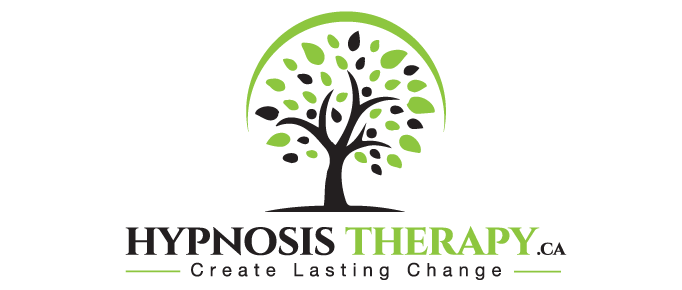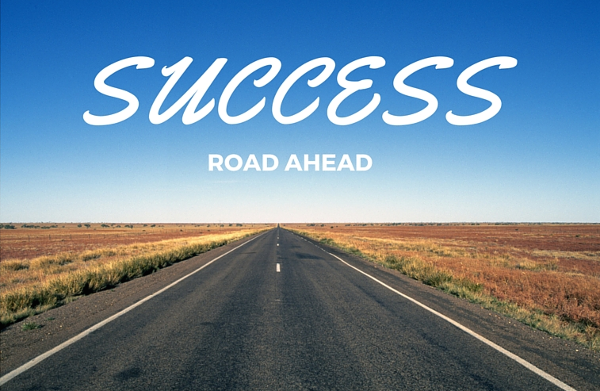Everyone is trying to position themselves as the ‘experts’ in their field. I saw a marketing post by a social media coach for a Facebook course he was offering and it said “since social media is a new field and no one knows much about it, it’s quick and easy to be able to call yourself an expert in the field.”
It seems that today many hold the view that as long as you know a little more than the average Joe you can call yourself an expert. And the word ‘expert’ is carelessly thrown into marketing and advertising pieces; drowning the actual meaning and integrity of the word. It’s similar to using the words ‘research’ and ‘science’ to back up bogus claims.
Since so many are positioning themselves as experts, the word no longer brings the trust and assurance to potential customers as it may have before.
“The expert knows more and more about less and less until he knows everything about nothing.” – Mahatma Gandhi
Being an ‘expert’ used to mean that you’ve seen almost everything that your field has to offer. True expertise takes years of research, trial and error, and working in the field. It’s much more than merely telling people that you are an expert. But it seems a lot of people these days are faking it in hopes of making it.
For business owners, thinking of ourselves so highly is dangerous, especially if we start to believe they are truly that good. Putting oneself in such a position of power brings down our ability to be good listeners and perspective-seekers. We go from listening to and working with customers to shoving our opinions down their throat, because after-all, we are the experts! We’ve become closed off to criticism, admitting mistakes, or anything else that challenges our “expertise”.
A few years ago when I was calling around looking to hire a marketing strategist I kept being told that I should position myself as the expert in my field. Although they didn’t know much about me or my business they all seemed to be convinced that that’s the way to go in order to get more clients.
Adam Galinsky at Northwestern University studied the relationship between power and being able to see other people’s perspective. He divided the participants into two groups, each group was asked to do something different before the experiment. One group performed exercises that made them feel powerful. The other group partook in activities that emphasized their lack of power.
“Never become so much of an expert that you stop gaining expertise. View life as a continuous learning experience.” – Denis Waitley
When they brought them into the experiment they realized that those who got a sense of power became less able to perceive someone else’s point of view. The conclusion of the study was that there is an inverse relationship between how much power people feel and how open they are to see other’s perspective. Feeling powerful can backfire because it often distorts messages and signals that you need to pay attention to when trying to motivate or to move others.
I like to see myself as a life long learner, always seeking new ideas, always trying new strategies and always learning. No matter how many years I spend in my field, there is always more to learn. And that’s what is great about not being an expert. You’re always open to expanding your knowledge, sharing ideas, adopting new strategies and in the process truly helping your clients rise above their challenges.
How have you been able to deal with the new mainstream “expert” of the field? Leave your thoughts below!
Image courtesy of Twenty20.com
Source: Success


Leave A Comment
You must be logged in to post a comment.